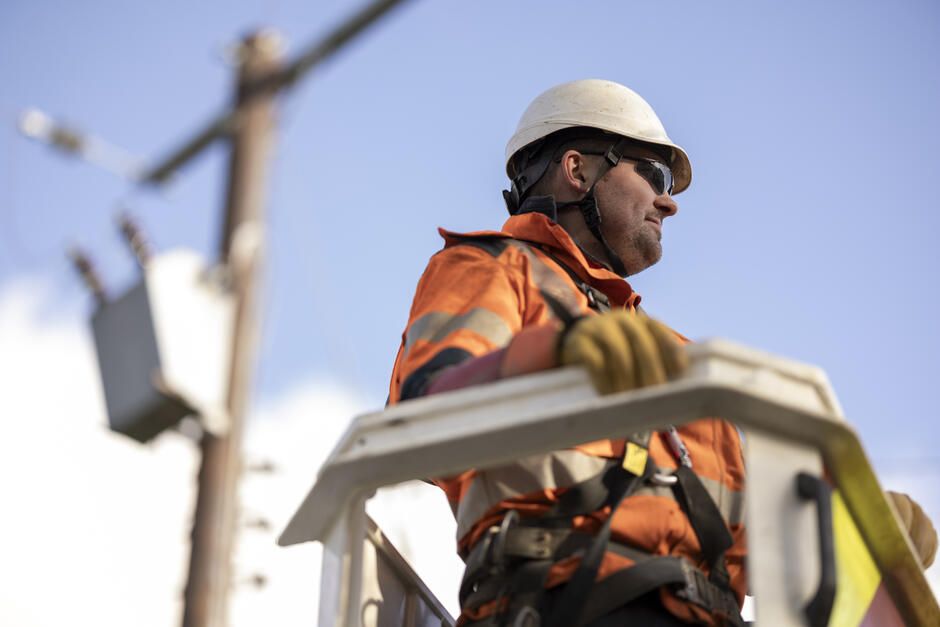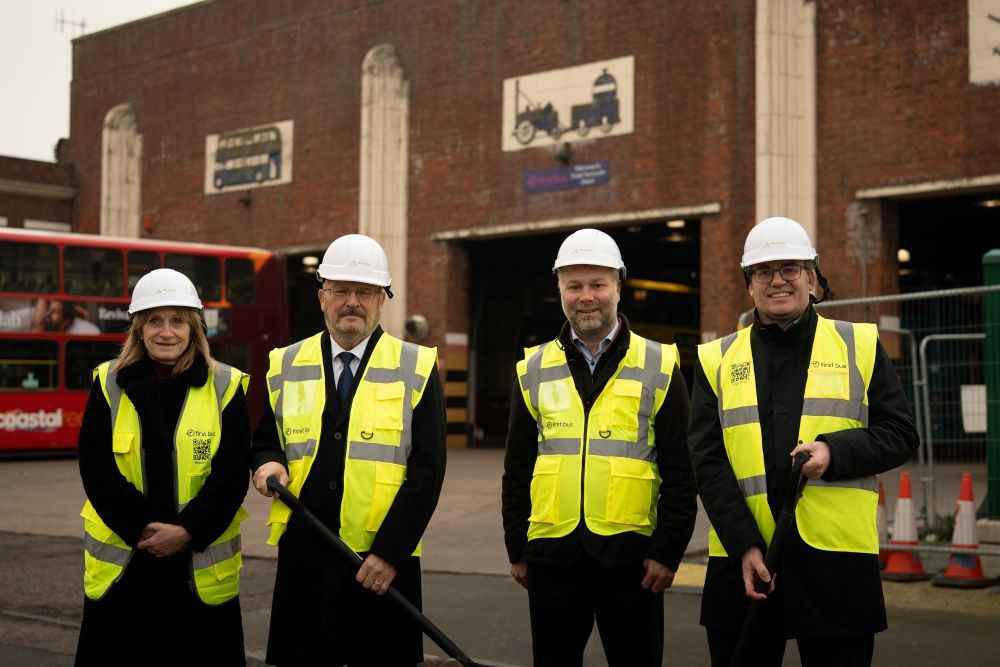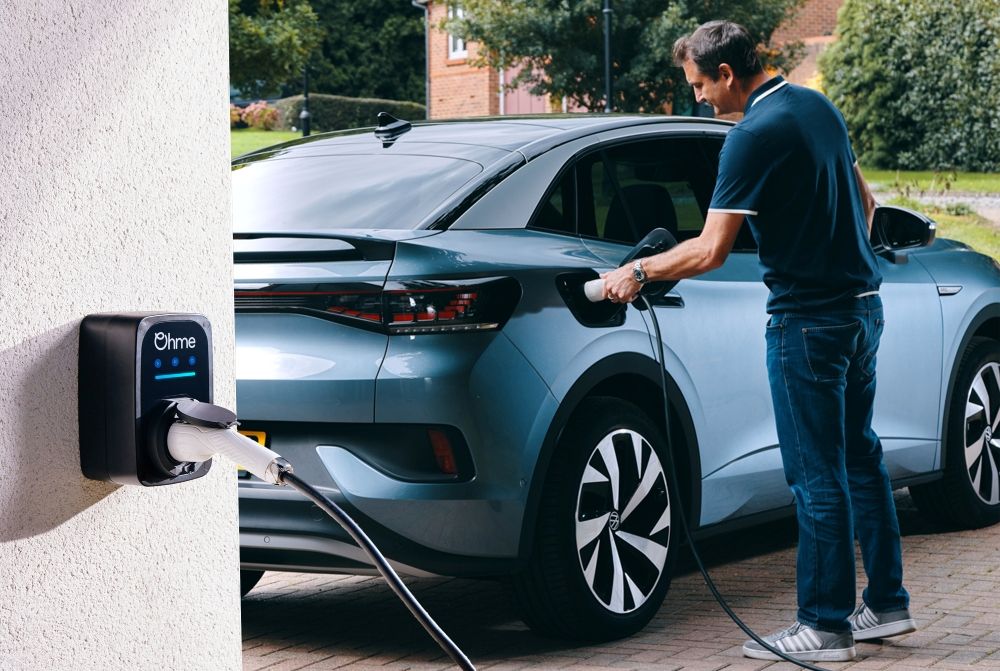Proven technologies “can address the payment challenges” around the EV charging experience, according to the latest charter from Paythru.
The EV payment specialist’s second Charter for Smoother EV Charging Payments, draws on feedback from the 50 companies that signed up to the charter, and called for the sector to look at how other industries have addressed payment issues.
It calls for clearer pricing communication, in a similar way to fuel pump pricing or mobile data plans as well as banking apps such as Monzo or Starling.
In addition, the charter states that universal payment access, ensuring smooth transactions like with public transport or in other retail environments, would make the process easier. Embracing ‘open-loop’ payment systems, which are not network-specific, could allow fleet operators to issue fuel cards that work across all networks and other merchants while keeping the operator in control, it also said.
The charter also called to minimise payment failures with a “rigorous approach” to backend system integration; smarter pre-authorisation handling, so large amounts of money are not held for days; and also simplified transaction and notifications, such as live updates, easy access to receipts, and the ability to switch payment methods and spending limits quickly and seamlessly.
The original charter, released in 2024, made calls for greater consistency, transparency, and reliability in five areas of EV charging payments.
Implementing feedback from charge point operators (CPOs), charge point management system (CPMS) providers, payments experts, and trade associations such as The REA (Association for Renewable Energy and Clean Technology) and EVA (Electric Vehicle Association) England. The updated version now proposes practical ways forward.
Sara Sloman, chief strategy officer at Paythru, said:
“What is interesting is that all the solutions are out there. Other industries have solved these problems. We just need to look at what’s been done and adapt those solutions to charge points.”
“Rather than reinventing the wheel, we need to use the ones that already exist. The charter demonstrates that smooth, intuitive EV charging payments are not a distant dream; they are achievable now. What’s needed now is broad adoption and interoperability, rather than new inventions.”
Image from Shutterstock











